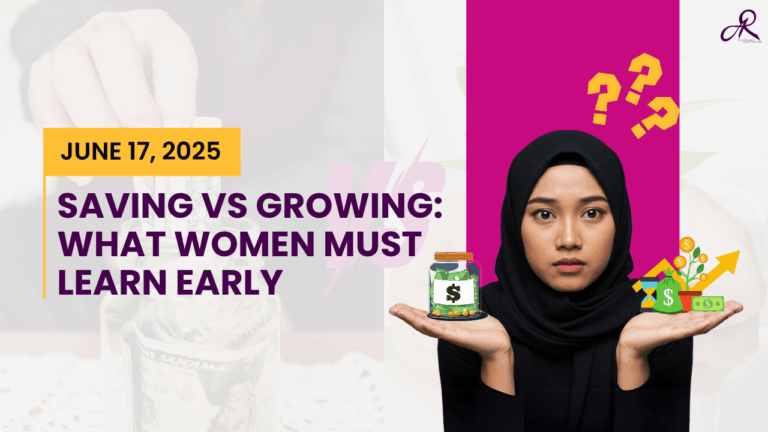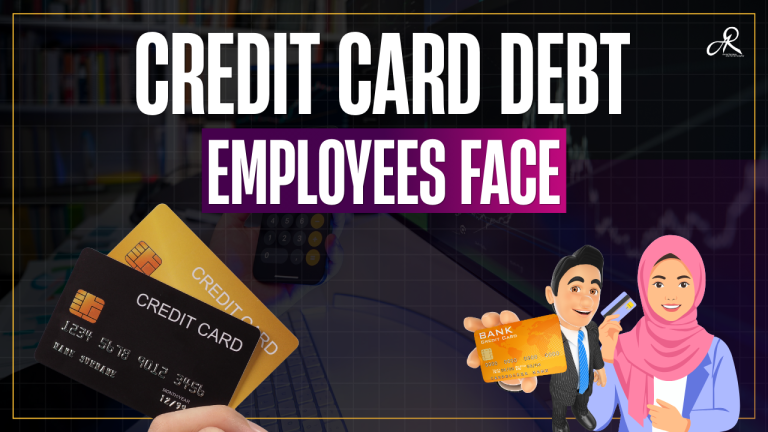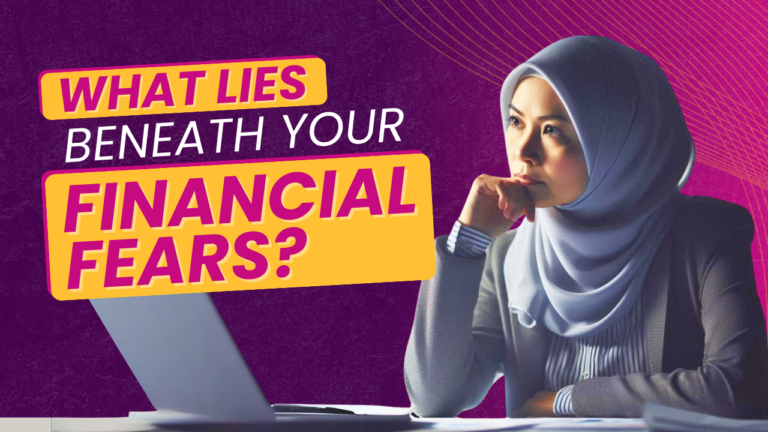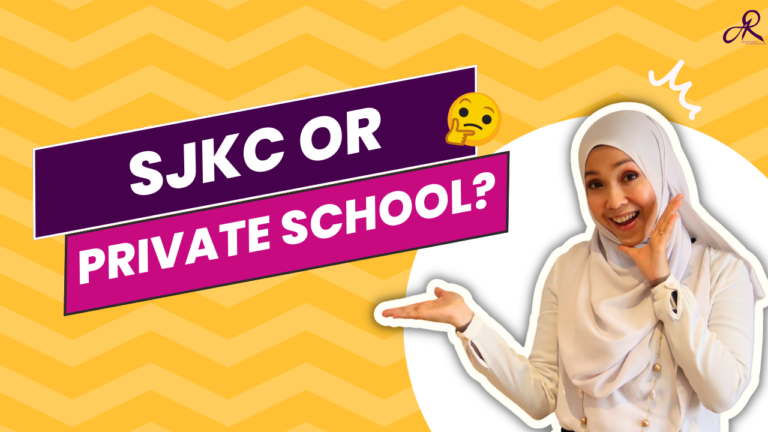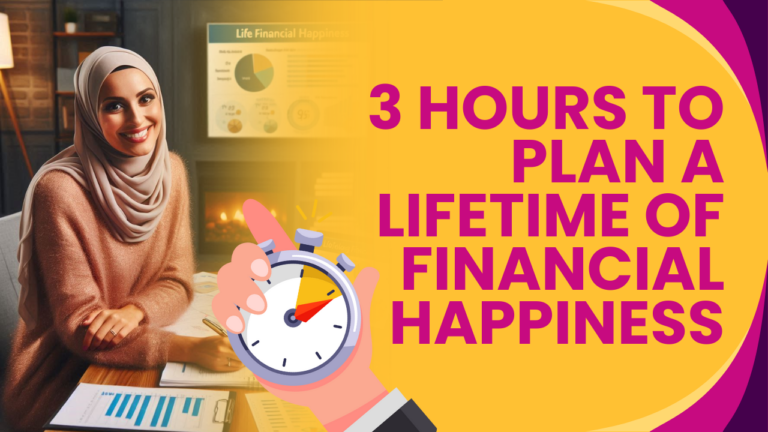Prioritising the Hereafter, Right Here Right Now – Conventional Vs Islamic
Our second article was published today in Smart Investor’s physical magazine, eMagazine & website. This topic is a topic that is very dear to my heart – Conventional vs Islamic. Enjoy!
In 2017, as I was just about to leave recital class, my ustazah asked a random question: “Aisya, what kind of funds do your clients invest in?”
Back then I was still a unit trust agent and didn’t really thought about it thoroughly between conventional vs Islamic. So I told my ustazah that it was a combination between conventional and Islamic funds.
“Perhaps you should only focus on Islamic funds,” she replied. That question sat with me, but I chose not to dwell on it. Not too long after that, I went to perform umrah (mini pilgrimage) and happened to be in the hotel room instead of with the entourage. I spent my time browsing through the Quran. Fate had it that the page I randomly flipped to was a verse about riba (interest).
Then it hit me: what was the message I was supposed to comprehend, here at the Holy land about conventional vs Islamic? That was when my curiosity was piqued.
After the trip, I sat for my CFP and IFP exams within a year. Unfortunately, as much as the modules had taught us theories about riba, gharar and usury, there wasn’t a chapter about here and hereafter implications on financial planners for offering conventional products instead of Islamic products to our clients.
We are what we eat, right? In Islam, we are what we earn, too. As the years went by, I had accumulated endless burning questions that nobody could answer. Finally, in early 2021, I had the opportunity to consult a reputable Shariah scholar. After our consultation, I finally saw light at the end of the tunnel.
These are some of the changes I have embedded into my life, including paradigm shifts that I have also been sharing with my clients, and now with you.
Conventional VS Islamic Are The Same
Let’s address the elephant in the room. If Islamic banks, Islamic asset management companies and takaful providers are all leveraging on its conventional arms’ back-end offices, systems and talents, then their Islamic arms cannot be that halal, can they?
Well, if we dig deeper, one additional step required for the Islamic arms would be to get mutual consensus from their internal Shariah Committee before each Islamic product is submitted to regulators and its Shariah Advisory Council for approval.
Imagine this: if chicken rice can have different recipes and ingredients from different sellers, how do you make a decision as to which chicken rice shop to buy from? The main ingredient is still chicken; isn’t chicken halal?
Choosing halal doesn’t mean it will be risk-free. It just removes the risks that you have yet to see. For those who resonate with this, if we insist on consuming halal meals when we are abroad or at home, don’t you think we should be doing the same for banking and investing?
Conventional VS Islamic: Converting To Shariah EPF
For Muslim readers, have you shifted your conventional EPF to Shariah EPF? If you are thinking: “But I can pay zakat for the profits received from conventional EPF, right?”
I’m here to tell you that that’s a misconception. Zakat can only be paid when your source of income is free from riba, gharar and usury.
Incorporating Islamic Solutions Into Your Everyday Life
There are limited Islamic credit cards with good perks in the market. But there is one worth mentioning. If you are currently using a Maybank credit card, Maybank allows you to switch to Maybank Islamic without affecting your credit limit and credit score. The migration is free and you will still have access to the Treats Points facility.
A good reason to shift even though you may be paying your credit card in full every month is because riba still exists in all of your conventional cards’ transactions, under what is known as merchant fees. Next, what about your current and savings accounts? Your children’s? Your CDS accounts? What about crypto? The answer is to shift, shift and shift.
Limitations In The Financial Technology Sector
There are still many fintech and do-it-yourself platforms out there offering many one-size-fits-all types of accounts. What MIDF Invest has done right is to offer both conventional and Islamic accounts to its investors. This feature is fantastic because the app will only list Shariah-compliant foreign stocks and ETFs for investors who opt for Islamic accounts.
This shows that it is possible for fintech providers to provide an option for Islamic accounts despite leaning on conventional structures, like how MIDF Invest leans on Saxo Bank.
Conventional VS Islamic: The Pricing Battle Between Insurance And Takaful
Until we solve this supply and demand saga, takaful providers will struggle in reducing their pricing to compete with their insurance peers. The cost of takaful plans can sometimes be twice the premium of insurance for the same amount of coverage.
I see my clients struggling between choosing what is right for their faith versus affordability. Let’s face it, everyone needs sufficient coverage, but how do we guide our clients to choose what is best for them if pricing can sometimes get in the way?
Islamic Finance Is For All
One misconception I often come across is the belief that Islamic finance is only for Muslims. One of the strengths of Islamic finance is that it reduces and eliminates exposure to gambling, alcohol, entertainment, banking, companies with high gearing and more in its product mix.
It forces you to go back to your risk appetite: what do you envision having in your investment portfolio and ultimately, everything else in life?
Going Above And Beyond Our IFP Certification
At the current time of writing, there are only 363 Islamic Financial Adviser Representatives registered under Bank Negara Malaysia (BNM). We are still a minority in the market. Here’s something I’d like my fellow colleagues to ponder upon:
“How are we upholding our IFP certification and license?”
See, the IFP mark isn’t just a mark on our names and business cards. It isn’t just about providing Islamic financing, Islamic funds and takaful to our clients. For me, Islamic financial planning is a way of life. We uphold the practice here, pave the way for our clients to pursue the same so that it becomes part of our hereafter and theirs.
Conventional VS Islamic: There Is More To Life Than Just Dollars And Cents
There are certain things in life that we cannot quantify. There are decisions that we have to make that go beyond the usual tangible ROI. Make the intangible ROI your compass, and see what kind of blessings come knocking on your door.
I want to call upon those who serve from your hearts, to be the light to those around you. In a world where things are about revenues and returns, how do we draw the line between what’s right for us, our clients and our Creator?
“Life is about making choices, so why not make our financial choices a win-win for our journey here, as well as in the hereafter?”
Hope we all now have a greater conscience when it comes to conventional vs Islamic, especially if you are a Muslim.
The published article can be found here.


